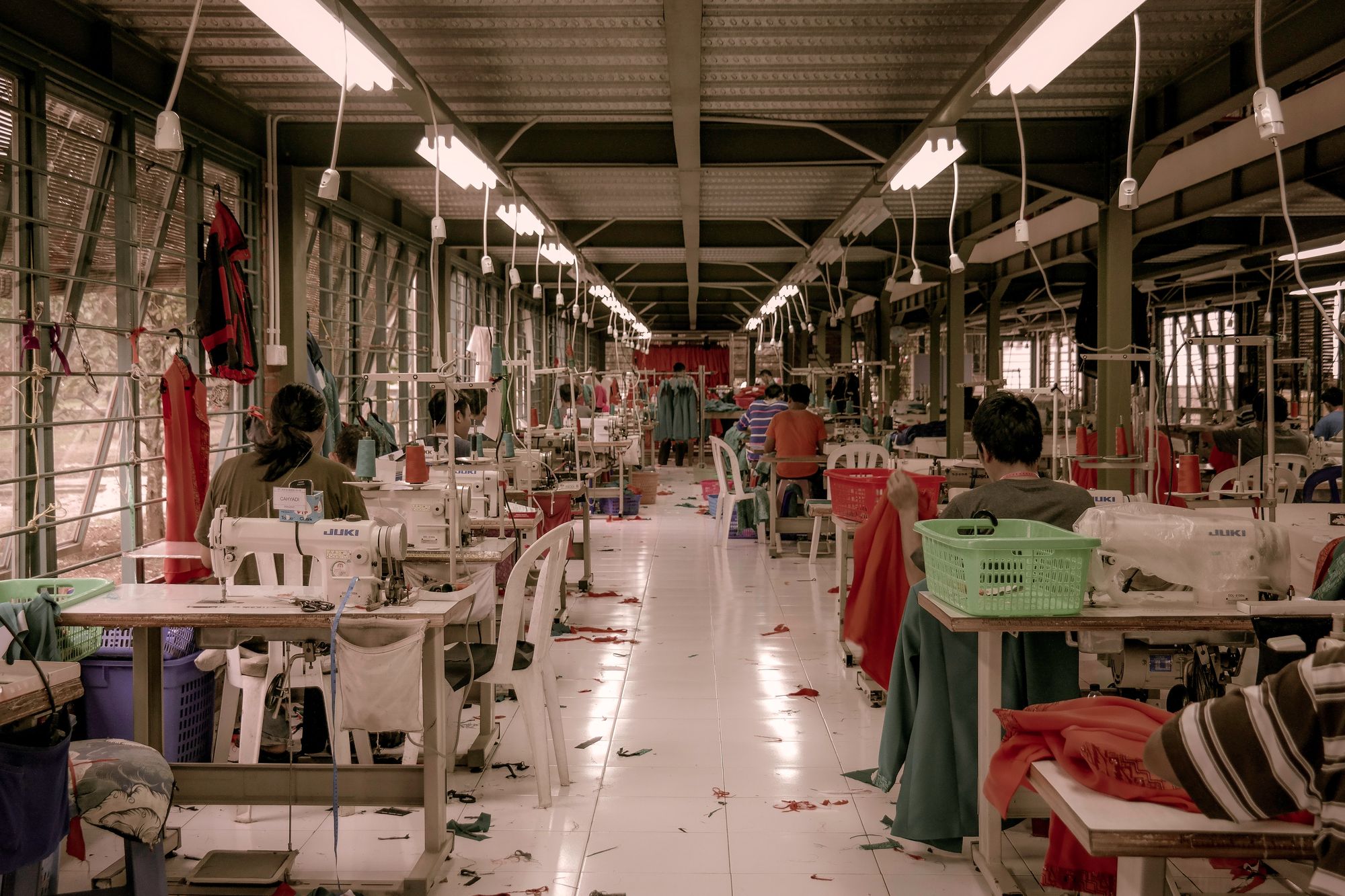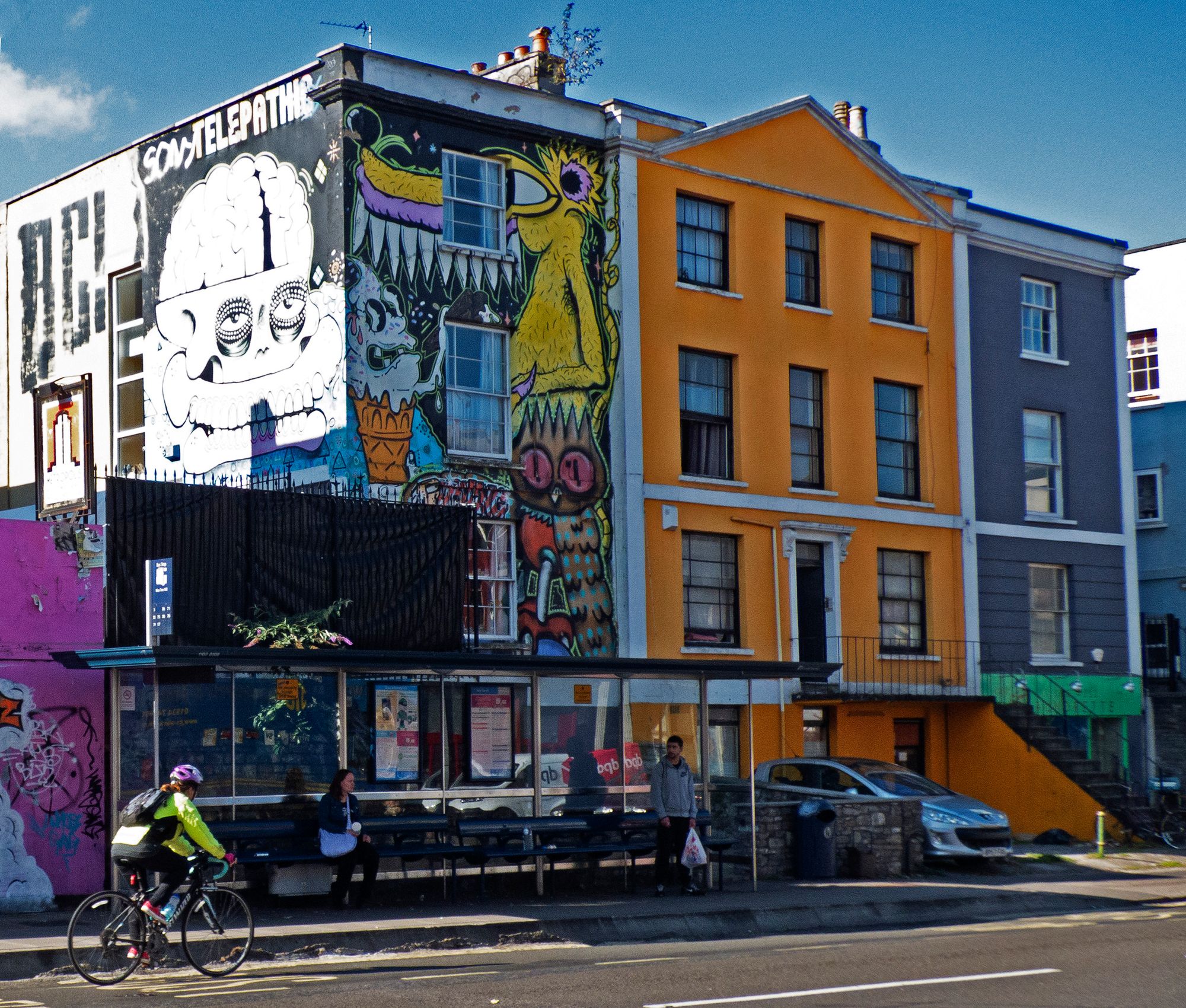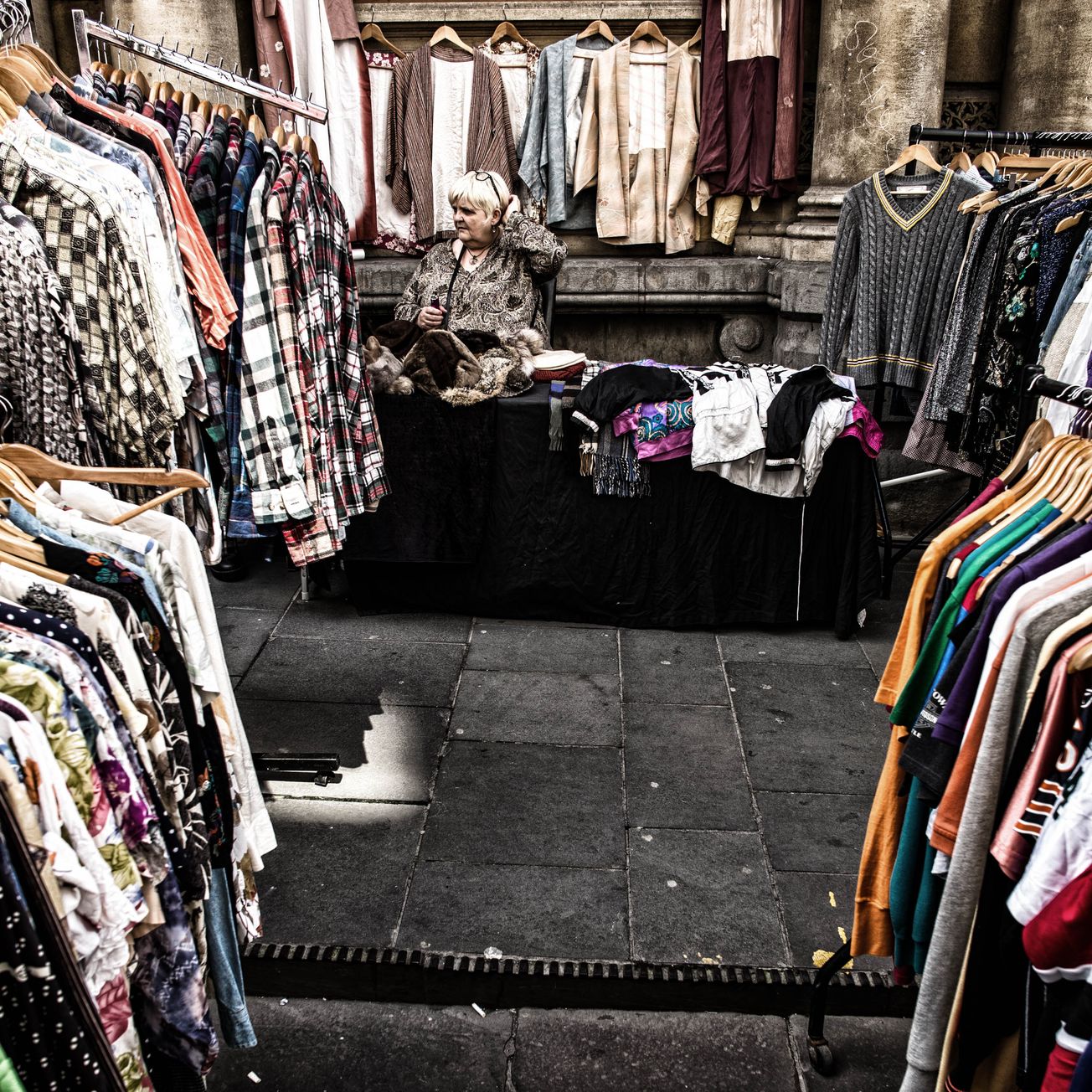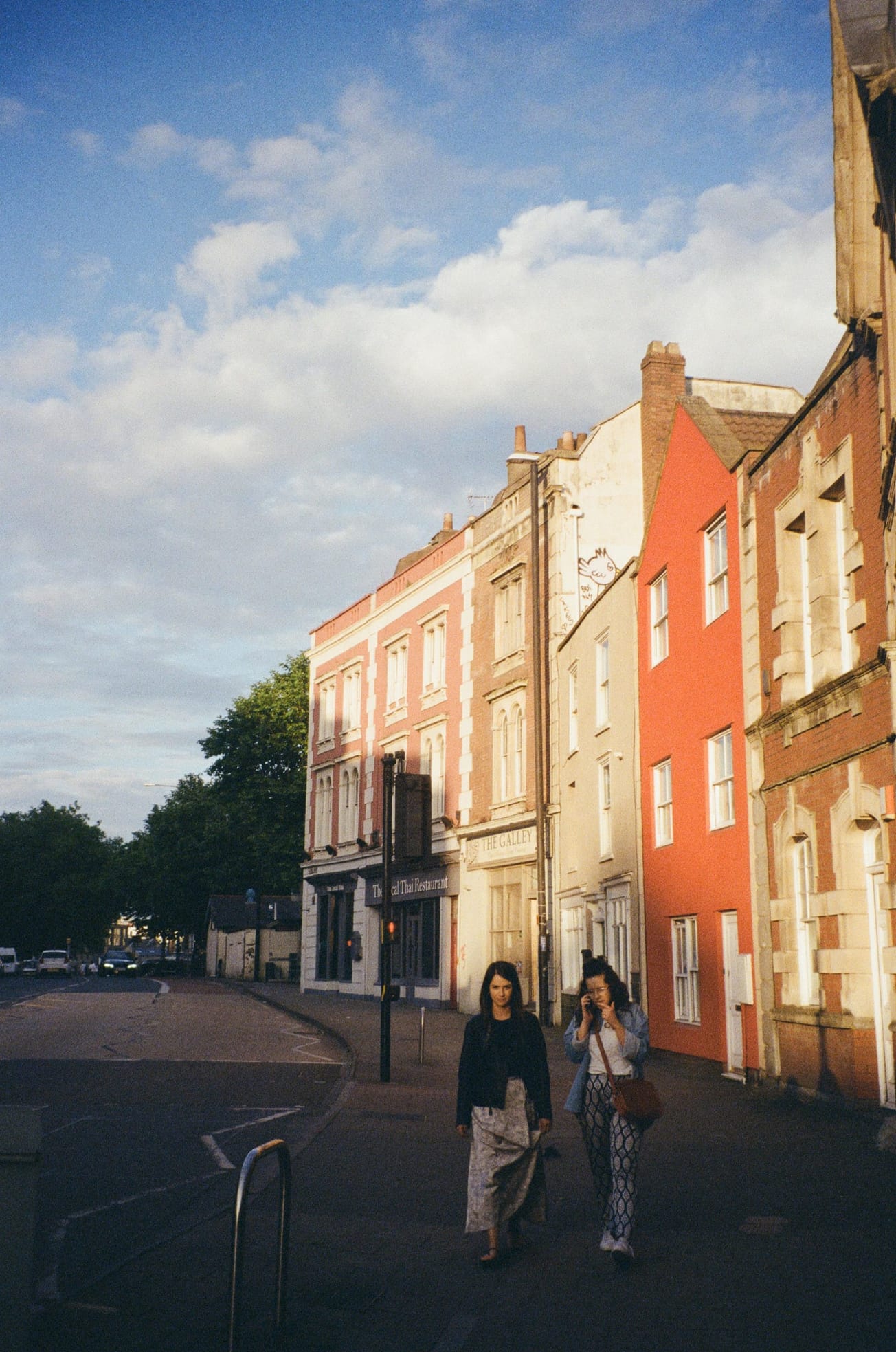By Nel Roden, Second Year, English
Bristol’s student population is no stranger to stereotypes, and its distinct fashion aesthetic is not an exception. From lecture halls to club nights, this ‘Bristol Look’ is unmissable - but where does it come from?
Its roots are firmly planted in the rising popularity of charity shopping, or ‘thrifting’. This phenomenon began gaining traction as the trend cycle turned towards a revival of 90s grunge and heroin-chic, later shifting to a resurgence of 2000s Y2K fashion. Charity shopping has become an exciting way to look for ‘one-of-a-kind-vintage-pieces’, with its hit-or-miss nature simultaneously evolving it into a fun activity to do with friends.
In addition to the aesthetic reasons for charity shopping, the rising contribution of fast fashion to the climate crisis means shopping second-hand is not only an affordable option but also a sustainable one.

Although, while charity shopping may not contribute to overconsumption in the way fast fashion does, can it be considered ethical?
The wealth disparity among Bristol students is not breaking news to anyone, with some being far more financially stable than others. Perhaps those who are able should be shopping with sustainable brands where possible. This would both support climate-conscious businesses, as well as ensure items in charity shops are readily available for those who need them.
Although, the ethical dilemmas of charity shopping rings particularly true for those who use charity shop products as passive income. The phenomenon of purchasing low-priced second-hand clothes and listing them for extortionate prices on sites such as Depop and Vinted is undeniably unethical.
This ‘reseller career’ is a prime example of the appropriation of charity shops. As places designed to make clothes and other various goods accessible to those of lower economic status, bulk-buying and gentrifying these items for personal capital is simply wrong.

This gentrification coincides with a key component of the ‘Bristol Look’: affluence. The combination of expensive items from stores such as Urban Outfitters with the ‘one of a kind’ charity shop pieces is a look we’ve all seen. Affluent students’ ability to mix and match costly and affordable items not only allows them to keep up with the ever-evolving trends but to dictate what is and is not trendy.
It may therefore be argued that the ‘Bristol Look’ is one of privilege - a class signifier, or perhaps a class divider. In recent years it was deemed trendy to shop second-hand, whether that be in physical charity shops or online, and now that’s the ‘done thing’. But the aspect of privilege comes into play when we look at keeping on top of trends. With trend cycles evolving at an accelerated pace, having the financial ability to keep up is a privilege.
This then raises the question of whether charity shopping appropriates working-class culture - are charity shops truly for everyone? Though it is tricky to give a black-and-white answer, it is important to understand that people experiencing financial hardship rely on charity shops for affordable goods, therefore turning charity shopping into a novelty experience is somewhat appropriative. Choosing to shop in second-hand stores when you are financially able to afford high-street prices is an often forgotten privilege.

This outward expression of social class through fashion thus makes the ‘Bristol Look’ somewhat exclusive - the distinctness of the aesthetic makes it visually very clear who is and who is not partaking. This gives rise to a host of pressures for students to dress a certain way, which can be particularly disheartening for those who are financially unable to.
Ultimately, fashion is an extension of your identity, and having the freedom to express that as you please is extremely important. But it is equally important to be mindful of where and how you are choosing to shop. Some people rely on the places we may deem ‘quirky’ and novel, and certain trends and aesthetics require a degree of financial privilege - both things everyone should be continuously conscious of when shopping second-hand.
Featured Image: Paul Chapman/Flickr





